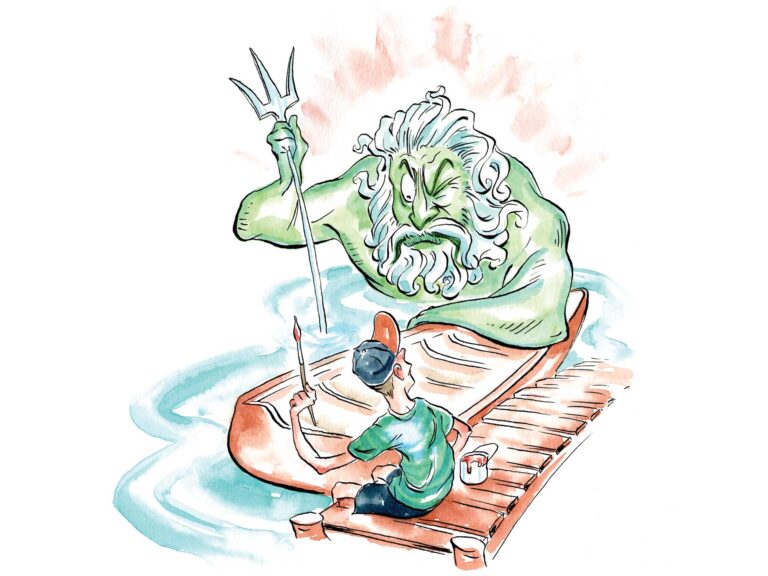
Brakes vs Off-Throttle Steering
This post is about accidents. I’ll pause while the industry as a whole utters a collective groan. It’s not a popular subject when you’re trying to sell personal watercraft, and certainly not a popular one when the mainstream media has already raked you over the coals for a portion of the summer. But it’s a subject that needs to be addressed, not only to understand the cause, but also to learn what we can do to keep all boaters safer in the future.
My inbox has been a little fuller than usual this summer, as people have been quick to forward news stories that gained national attention. The stories themselves have had a higher profile because of the people involved in them. The stepson of popular recording artist Usher left brain dead after a family friend, piloting a PWC, runs into him. A one-time Space Shuttle pilot killed riding a PWC after a son, aboard another PWC, collides with him. Horrible stories all, and ones that have prompted media outlets to latch onto every detail.
What I find irresponsible, however, is that while the majority of the stories are quick to imply that PWC are somehow more dangerous than other boats, most also omit one inconvenient truth. And that is all of these tragedies, and others just like them, were avoidable. They were caused by operator error, and with all due respect to the dead and those living with the memory, irresponsible operation. The drivers of these PWC got too close to a child on a tube, too close to a person on another craft, and a horrible, tragic accident followed.
PWC are a popular form of recreation. But they’re not a toy, they’re a motor vehicle. And when you take the controls of one, you assume a certain level of responsibility. Would you drive up close to another car at high speed and swerve away at the last minute? Of course not. So why do we see an irresponsible few trying to roost a friend on the water? Would you turn the controls of your sports car over to your 12-year-old and tell him to have a good time? Of course not. So why do we see parents who think nothing of letting a child take a PWC across the lake? Sure, these incidents are in the minority. There are thousands of responsible operators who pilot their craft safely every day of the year. But they’re not the ones who get noticed. It’s that minority who catch our attention, and sadly, increase our chances of being hurt.
And you don’t just find them riding PWC. You encounter them almost every day, at the helm of everything from a car to a bike or skateboard.
It’s time to take responsibility. Don’t be so quick to blame the PWC that was involved in an accident. Blame the person at the controls who made a mistake, a poor decision, and is now living with the consequences. Don’t be so quick to label a PWC as dangerous. Label the person who’s operating it in a dangerous fashion, and then take action to stop them.
According to the U.S. Coast Guard, the primary contributing factors to the majority of accidents are not vehicle-related, but instead excessive speed, improper lookout, operator inattention, and operator inexperience. Those aren’t problems related to any certain vehicle. They’re all problems related to the person at the controls.
Take responsibility…for everyone’s sake.
SUGGESTED READING:
The World’s Most Versatile Boat









